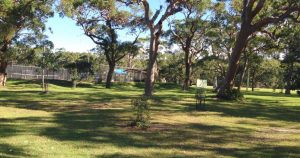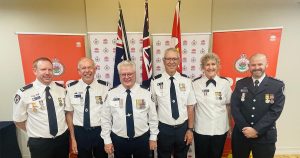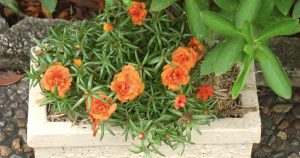By Lachlan Turner - Hidden In the Hills
Along many creeks flowing through local bushland reserves there are numerous ponds or deeper pools. Several water birds frequent the larger pools in search of food as well as establishing a secure nesting environment in thicker vegetation around the shoreline.
One such bird is the Pacific Black Duck (Anas superciliosa). Although it is found in suitable habitats throughout Australia, it is generally a wary bird when not accustomed to people. It can be solitary, but also gathers in pairs and small groups. When breeding, mature ducks are mostly seen in pairs as they dabble along the edges of water courses searching for aquatic plants.
This common species is characterised by a distinctive blue bill, black and white markings on its head, with its neck and body being covered in dappled dark brown plumage.
Other ducks that frequent bushland waterways are the Australian Wood Duck (Chenonetta jubata) and the Australian Shellduck (Tadorna tadornoides). All three mostly prefer a hollow in a tree for nesting which is only a short distance above the ground in close proximity to water.
These three species may lay up to 10 eggs each. The clutch leaves the nest very soon after birth. Both parents take seriously the responsibility of raising and protecting their family. The Australian Wood duck illustrated has a clutch of at least 13 chicks to look after.
When young, the new born ducklings are confined to the ground, concealing themselves in long grass not far from the parent birds. They also have the ability to swim within a couple of days of hatching.
The Australian Shellduck illustrated has an injured left wing. When disturbed it swam to the cover of nearby reeds to hide.
Ducks Ducks Ducks Ducks







